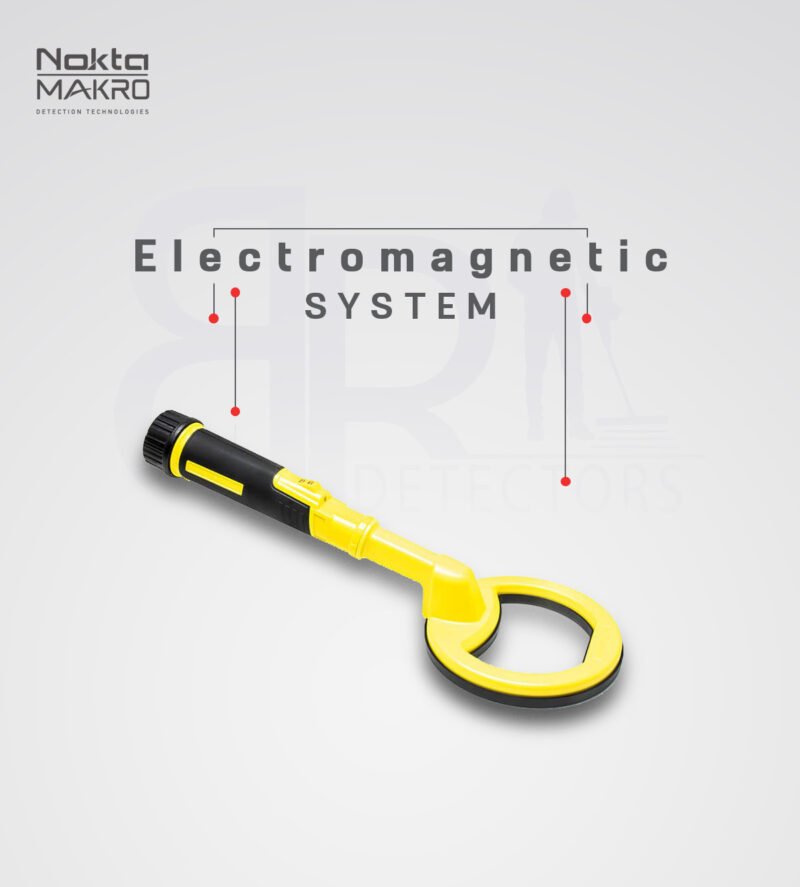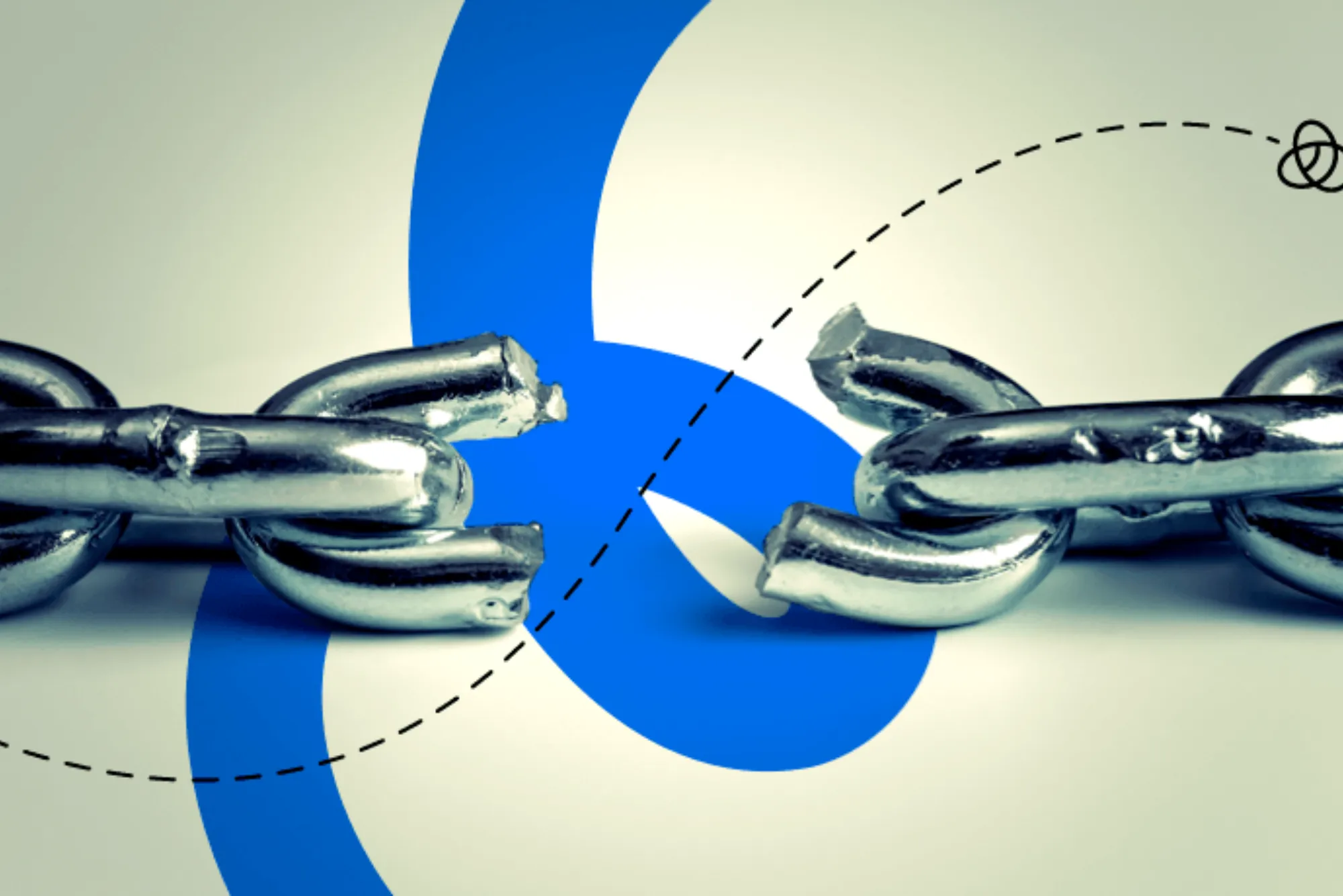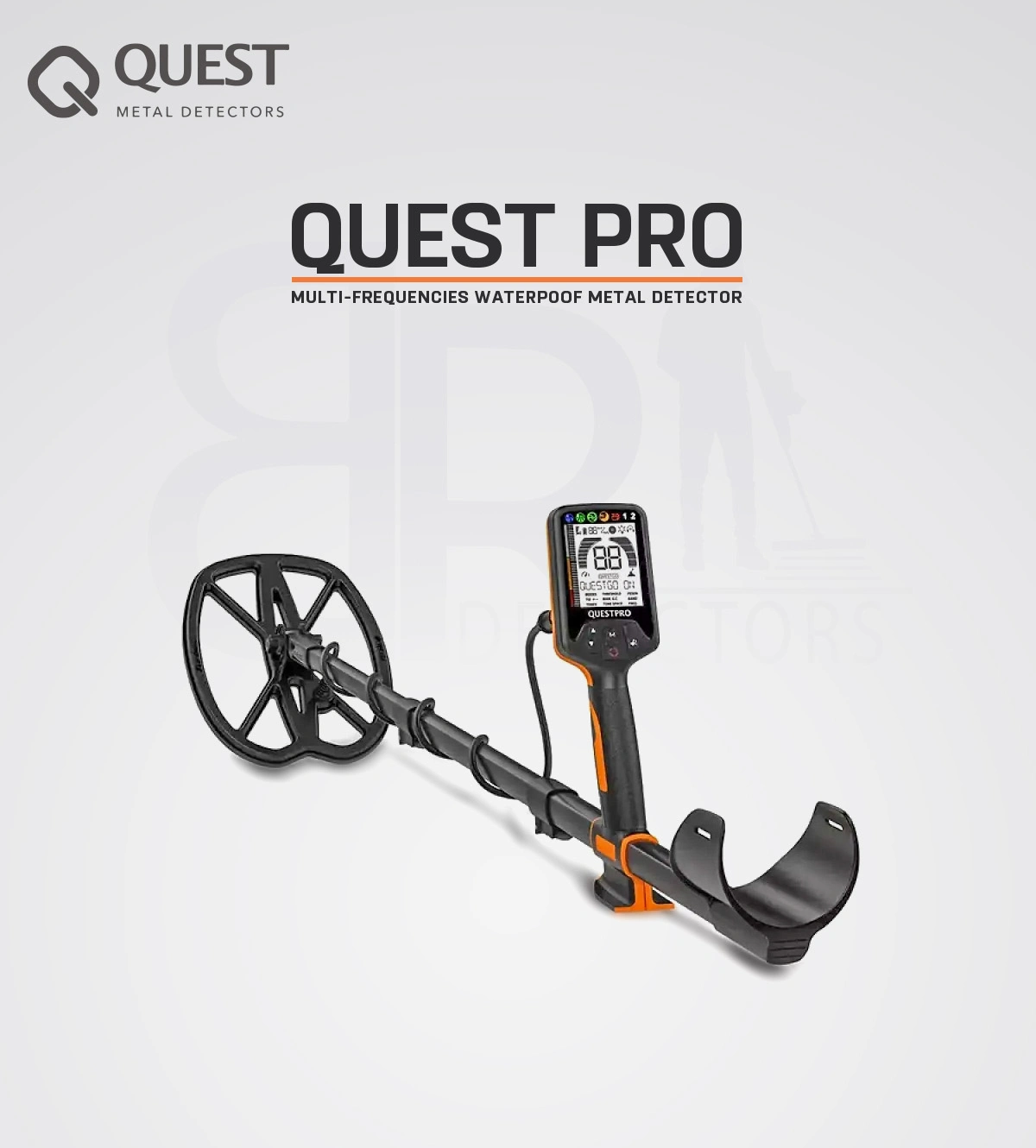When you first step into the world of metal detecting, it’s easy to be fascinated by the main detector itself. After all, that’s the tool that finds coins, relics, jewelry, and even small gold nuggets. But as many seasoned hobbyists quickly learn, the real work begins after the detector beeps. Digging, probing, and narrowing down the exact location of a target can be frustrating and time-consuming. This is where a metal pinpointer detector comes in, raising the big question: is it really worth the extra cost?
In this article, I’ll break down what a pinpointer does, why it matters, and whether it’s an investment that makes sense for beginners and advanced detectorists alike.
The Role of a Pinpointer in Metal Detecting
At its core, a pinpointer is a small handheld device designed to help you quickly locate the exact spot of a buried target. Without one, you often end up digging wider holes and spending more time sifting through dirt, which can be frustrating when the detector’s signal is faint or when you’re dealing with cluttered ground. For anyone who has spent hours chasing signals, a pinpointer feels like a lifesaver.
A quality metal pinpointer detector adds efficiency to every hunt. Instead of waving your large detector coil back and forth inside a hole, the pinpointer goes straight in, helping you zero in on coins, rings, or relics within seconds. This speed doesn’t just save effort—it reduces the risk of damaging your find with a shovel.
Introducing the Pulse Dive
One of the more popular models on the market today is the Pulse Dive. Designed for both land and underwater detecting, it offers a rugged build, waterproof casing, and pulse induction technology that makes it effective even in mineralized soil or saltwater. Many detectorists appreciate how it can transform into a scuba detector, making it a versatile tool for different environments.
For those who spend a lot of time in rivers, lakes, or coastal areas, the Pulse Dive isn’t just convenient—it’s a game-changer. It shows how pinpointers have evolved from being optional accessories to specialized tools that expand your ability to explore different terrains.
Why Pinpointers Save Time and Effort
The biggest argument for investing in a pinpointer is efficiency. Imagine a scenario: your detector gives a strong signal, but when you dig, you can’t spot the target. You keep widening the hole, pulling out clumps of soil, and still come up empty. A pinpointer instantly narrows the search to the exact location, often cutting recovery time in half.
This efficiency matters not only for convenience but also for the physical demands of detecting. Long days swinging a detector already put strain on the arms and back. Spending less time digging unnecessary holes preserves energy, making the hobby more enjoyable and sustainable.
Reducing Ground Damage
Responsible detecting also means minimizing your impact on the land. Whether you’re detecting in a park, field, or permissioned private property, leaving neat and small plugs is a sign of respect. Landowners and local authorities are much more willing to allow hobbyists who leave little trace.
Pinpointers are key in reducing the size of your holes. Since you know exactly where to dig, there’s no need to tear up a large patch of ground. This is one of the reasons many detecting clubs strongly recommend pinpointers for all members.
Accuracy in Trash-Heavy Sites
Another situation where pinpointers shine is in trash-filled areas. Parks, picnic spots, and old homesteads often produce mixed signals with metallic trash everywhere. A detector might tell you there’s a target, but once you start digging, you may be dealing with layers of nails, foil, or bottle caps.
Here, a pinpointer helps you sort through the clutter quickly. It lets you separate trash from potential finds, saving both time and frustration. In fact, many detectorists find that their trash-to-treasure ratio improves significantly when using a pinpointer.
Pinpointers for Beginners vs. Experts
Some beginners hesitate to buy a pinpointer right away, thinking they should first master their main detector. While there’s some truth in learning your machine’s signals, a pinpointer actually helps beginners grow faster. By showing exactly where a target is, it builds confidence and allows them to connect signals with real finds more quickly.
For advanced detectorists, the benefits are obvious: faster recoveries, cleaner digs, and less fatigue. Many pros carry more than one pinpointer as backup, considering them essential gear rather than luxury add-ons.
Cost vs. Value
Pinpointers vary in price, ranging from budget-friendly models to advanced waterproof versions. The key is value. A cheaper pinpointer may work in basic conditions but struggle in mineralized soil. Premium models like the Pulse Dive offer durability, waterproofing, and reliability, making them worth the higher price for serious hobbyists.
The real question isn’t whether a pinpointer costs too much—it’s whether the time and effort saved justify the investment. For most detectorists, the answer is a clear yes. The frustration avoided, the finds preserved, and the enjoyment added make the price worth paying.
Conclusion
So, is a metal pinpointer detector worth the price? Absolutely. For beginners, it accelerates the learning curve and makes hunts more productive. For experienced users, it becomes a must-have tool that saves time, preserves energy, and improves overall efficiency. With models like the Pulse Dive offering advanced features for land and underwater detecting, the value goes far beyond convenience—it becomes an essential part of the kit.
Investing in the right gear is always about balance, but when it comes to pinpointers, the benefits quickly outweigh the cost. Once you try detecting with one, it’s hard to imagine going back to life without it










